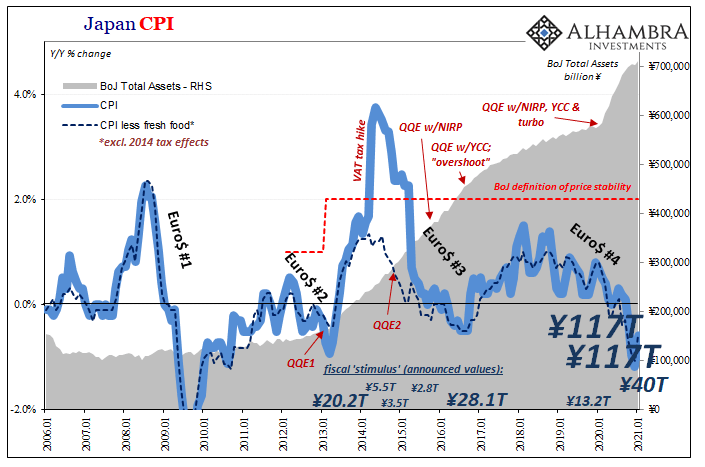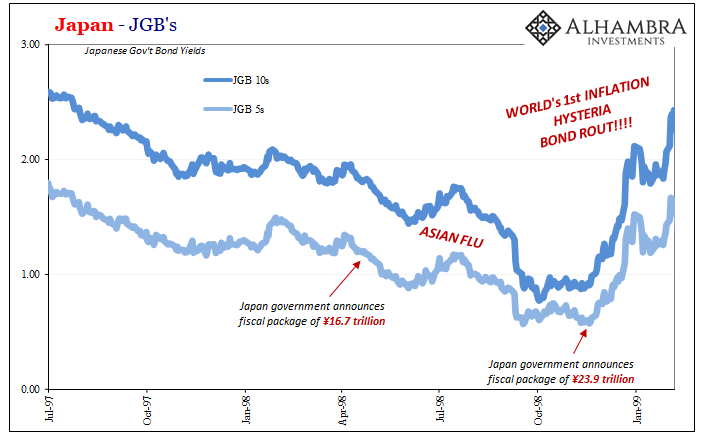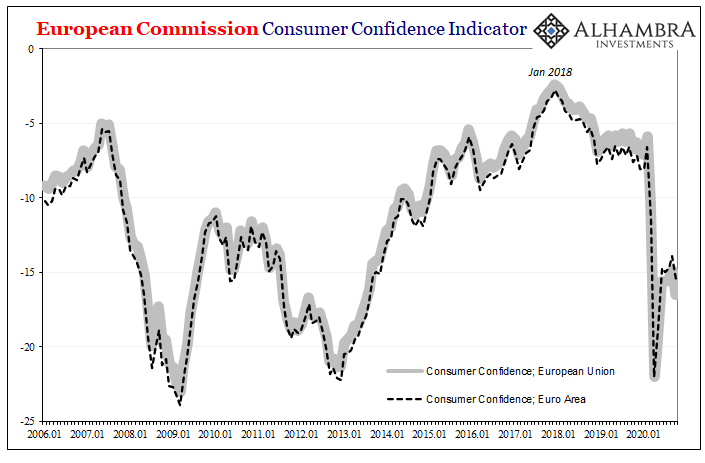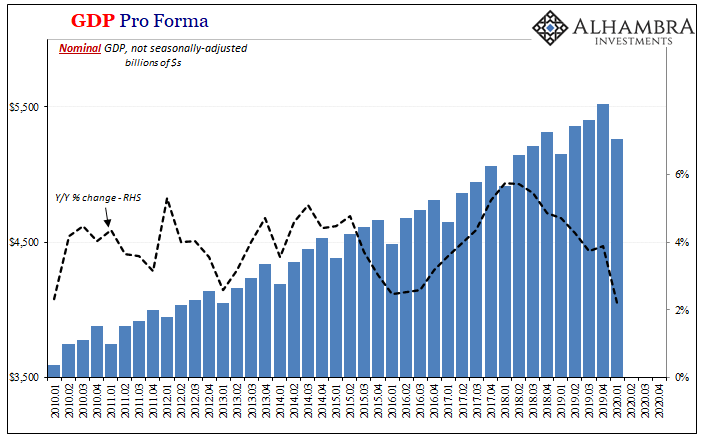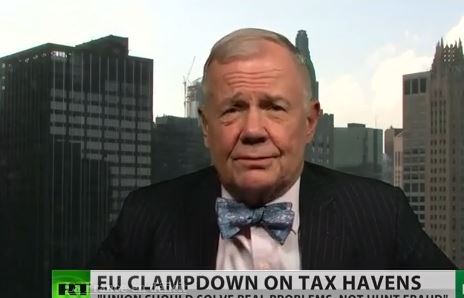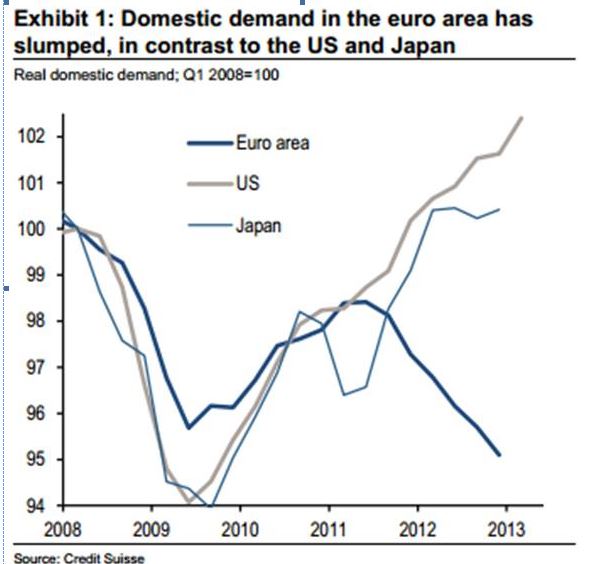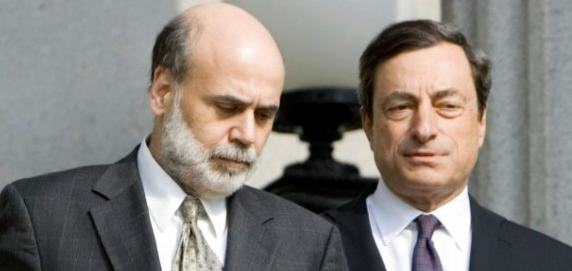Fear of the ultra-inflationary aspects of fiscal overdrive. This is the current message, but according to what basis? Bigger is better, therefore if the last one didn’t work then the much larger next one absolutely will. So long as you forget there was a last one and when that prior version had been announced it was also given the same benefit of the doubt.
Read More »
Tag Archive: Fiscal spending
They’ve Gone Too Far (or have they?)
Between November 1998 and February 1999, Japan’s government bond (JGB) market was utterly decimated. You want to find an historical example of a real bond rout (no caps nor exclamations necessary), take a look at what happened during those three exhilarating (if you were a government official) months.
Read More »
Read More »
Consumer Confidence Indicator: Anesthesia
Europeans are growing more downbeat again. While ostensibly many are more worried about a new set of restrictions due to (even more overreactions about) COVID, that’s only part of the problem. The bigger factor, economically speaking, is that Europe’s economy has barely moved, or at most not moved near enough, off the bottom.
Read More »
Read More »
Getting A Sense of the Economy’s Current Hole and How the Government’s Measures To Fill It (Don’t) Add Up
The numbers just don’t add up. Even if you treat this stuff on the most charitable of terms, dollar for dollar, way too much of the hole almost certainly remains unfilled. That’s the thing about “stimulus” talk; for one thing, people seem to be viewing it as some kind of addition without thinking it all the way through first.You have to begin by sizing up the gross economic deficit it is being haphazardly poured into – with an additional emphasis...
Read More »
Read More »
Jim Rogers: EU Should Address Real Problem: Their Excessive Spending Habits
Switzerland's banking secrecy is under threat. EU finance ministers have agreed to put pressure. Jim Rogers EU leaders should address the real problems - like their own unchecked spending habits. Video
Read More »
Read More »
Balance of Payments Crisis: Did the Fed Cause the Euro Crisis with Excessive Monetary Easing?
The Fed's excessive monetary easing QE2 caused an inflationary period, that created a balance of payments crisis during which the Eurozone members were obliged to introduce excessive austerity measures.
Read More »
Read More »
Quantitative Easing: The Fed Wants Americans to Continue Deficit Spending
The main drivers for demand for Swiss francs are the Euro crisis, but even more the behavior of American investors, who go out of the dollar in the fear of further bad US economic data and in the fear of Quantitative Easing. This usually pushes down the dollar and inflation hedges like the Swiss franc and …
Read More »
Read More »









